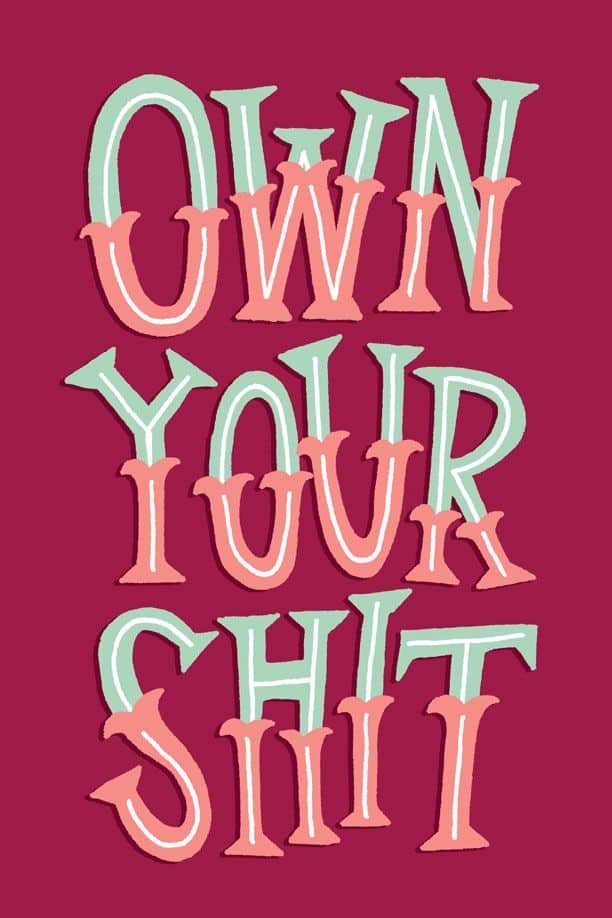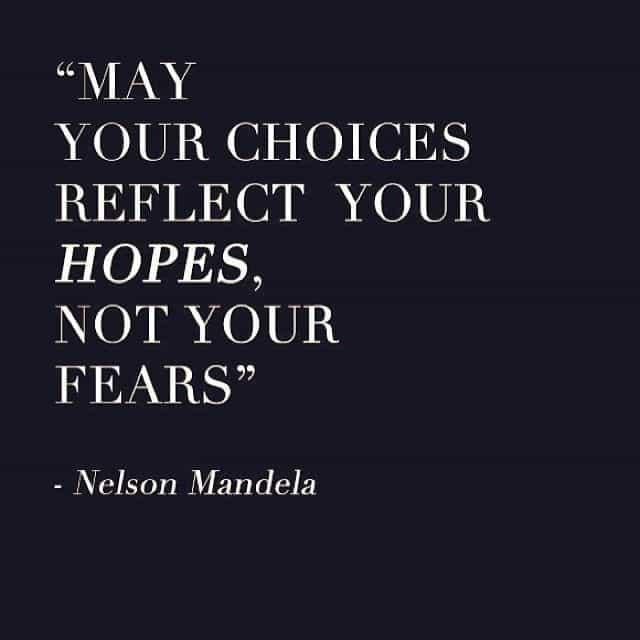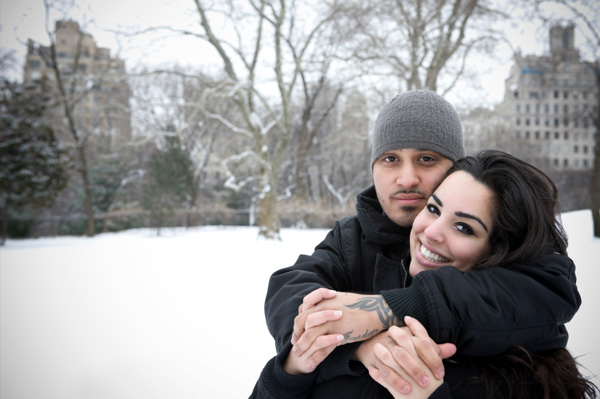Sexy Conscious Awake MEN: Who We Are, What We Want and Need From Women
Do you ever wonder if the kind of man you dream about actually exists or if he’s a figment of your imagination?
For those of you who have never met him, of course you do!

Modern men have made the men in romance novels and fairy tales look like urban legends.
Most men, strongly, believe that women want men to be more like women, while most women cringe at the idea of dating a man that acts like the female in the relationship.
Truth be told: most women think they want the Ultimate Man.
A man who can protect and provide. A man who is masculine but not macho, open, confidant, humorous, amazing in bed, great at fixing shit, thoughtful, respectful and loving.
It’s as if the Ultimate Man is the answer to most women’s dissatisfaction with dating fragmented men. (Men who have pieces of what women want and a whole hell of a lot of what women don’t want).
If it’s true that most women are looking for the Ultimate Man, where the fuck are these amazing men?
Do they actually exist? Are they who we want them to be or think they are? Or are most women living in la-la land about what is and isn’t real?
Where Are The Men You Are Looking For and Who Are They?
The kind of men most women are looking for are the stuff of fantasies.
Let’s face it, even the most amazing men are flawed. All men, no matter how evolved: fart, burp, stink, have bad breath at times, forget shit, don’t know how to read minds, and will get old and have saggy balls one day.
For all you ladies looking for Edward Cullen or Christian Grey, vegetarian vampires don’t exist, and bondage is way sexier in fiction.
At some point women need to step away from the fantasy of men and come back down to reality where the real men you are looking for exist.
The kind of men you are looking for are: Sexy-Consciously Awake Men.

Sexy-Consciously Awake Men can grow lasting and healthy relationships with women.
These men stand out from the rest in two very key ways:
- Their great capacity to LOVE women for all that they are;
- Their level of personal accountability (they own their shit, they are capable and they show up).
Consciously Awake Men aren’t concerned with titles, labels, or ways people define them. They know who they are. They live for the truth. They live in certainty and can navigate the unknown with a sense of curiosity instead of fear. They make decisions from clarity. They’re self-assured, confident, and don’t need to protect their image.Their actions speak for themselves.
“What you feel at the core of a conscious man is that he’s found something worth fighting for, even dying for. He has faced death – death to self, death to desire and death to all forms of ego gratification. The paradox is that losing his fear of death is what creates a man’s ability to be completely open to love.” Graham R White
We can practically hear you ladies shouting: “yes, Yes, YES!”
Of course you are looking for this kind of man. We don’t want to burst your bubble, but we also don’t want to lie to you. So, while the thought of being with a man that has a deep love for women might make you reminiscent of Prince Charming, Consciously Awake Men are not your knights in shining armor. And they’re definitely not coming to save you. They won’t hunt you down and chase you to prove something to you. This is not to say they won’t try. Men like this will put in more effort than you have ever known, but you have to reciprocate or else what is the point?
These men are not interested in offering a princess a fairy tale. These men are waiting for their Queen to appear so that they can welcome her into their kingdom. Do you feel the difference?
These men want an equal-not a girl who needs saving.
It’s because of this that life with one of these men forces you to grow in ways you never knew you could. These men are MIRRORS. They won’t take on what isn’t theirs. This means your insecurities and trust issues are yours, not his. He’s different in that he won’t run away. He’ll hold space for you. He’ll dive into the fire with you. He’s not scared. But you can’t be either. Or you won’t last.
Dealing with your shit, confronting your shadows, your suffering, your fears, your pain; that’s no small task, BUT HE’S DEALT WITH HIS AND WILL CHOOSE A WOMAN WHO’S DEALT WITH HERS.
But it’s the only way we-as humans-will ever fully experience the magnificence of unconditional love.
So, ladies, if you want a man of this caliber you’d better put on your mud wrestling suit, darling. Things are gonna get dirty.
What Do Sexy-Consciously Awake Men Want From Women?

Consciously Awake men want women who, first and foremost, know themselves. These women are drop dead sexy. It doesn’t matter if they’re dramatic or high maintenance.
The Consciously Awake MAN loves women for all that they are. He rides the waves of emotion, loving it. But these same men cannot and will not be with women whose first inclination is to seek out a man and hide behind him. They don’t want to fill your emotional gaps. They’ll walk away. The Consciously Awake Man doesn’t seek relationships to hide out or to lose himself in. He looks for a relationship to connect on the most intimate levels imaginable. He looks for a relationship to take him to places he can’t go on his own.
“Sexy-Consciously Awake Men are everywhere, most of you just can’t see us. We are mirrors. Without full acceptance of who you are, as you are, in your entirety, you will never see us. In the reflection we provide you will see yourself fully. In order to see us you must be able to see beyond yourself and your emotions. If you feel good, we’ll amplify that and if you feel bad, our presence will amplify that too. If you can’t embrace that and thank us for it you’re not ready to have us in your life. We hold the entire planet in our hearts and that means that we can handle you and your emotions, the question is can you?” Paul Cooper

In other words, to be with a Sexy-Consciously Awake Men you MUST:
1) Love yourself. Fully. Completely. Unequivocally.
(Meaning, don’t try so hard to be someone you are not. Everyone is imperfect and flawed, but you are one of a kind, and what you have to offer no one else does. If you don’t love every square inch of you, how can you ever expect someone to love all of you, if you don’t?)
2) True love requires you to know your worth. Insecurities are fine. Own them. Making your problems about your man is unhealthy. You cannot stand in your love if you are sinking in fear.
(Meaning, don’t project your bullshit. Own your experience and stop looking to someone else when you don’t want to take responsibility.)
3) Loneliness is not a good start to getting into a relationship. You need to be a 100% YES (do you hear us, not a partial yes, 100%) on your own. A 100% YES doesn’t mean “happily ever after with 2.2 kids and a white picket fence.” In other words: This relationship serves my highest good. This relationship facilitates my growth. This relationship is built on trust and respect, not dysfunction and co-dependency.
(Meaning, relationship is about evolving and growing. It is about staying present and engaged. If you need someone to be something for you, you are in relationship to escape accountability and that house of cards will come crashing down. There’s nothing worse than your reality dismantling, because your relationship is an illusion.)
Who Are The Kind of Women Sexy-Consciously Awake Men Desire?

There are women an Evolved man simply passes over. There are women who he engages, maybe for the night. There are women he connects with for a season, and then there is one remarkable woman that he chooses who is ideally suited to him for the journey.
~The Woman He Passes Over:
- She lies to avoid being embarrassed.
- She creates drama rather than owning her own truth.
- She uses deception and plays games.
- She’s negative, jealous and petty.
- She makes life up because she’s not proud of who she is.
- She projects her fear and issues onto everyone else.
- She attacks when she’s feeling vulnerable or unloved.
- Her need to ‘know’ outweighs his right to privacy.
- Her position changes depending on the argument.
- She’s looking to be rescued but won’t save herself.
~The Woman He Engages For An Evening:
- She keeps her attitude in check, unless someone provokes her.
- She looks after herself, except when it’s inconvenient.
- She’s close to family and friends, but they’re a lot of drama.
- She has high standards for a man – higher than for herself.
- She’s a whole lot of fun – but very little substance.
- She’ll drop everything to help a friend – and expect a man to drop everything for her.
- She willingly takes him into her body, but her heart is closed.
- She’s a woman who has enjoyed the world – but knows very little about it.
- She knows there’s something deeper, but hasn’t pursued it.
- She wants to know she makes a difference, but she’s afraid to make a change.
~The Women He Takes For A Season:
- She knows what she wants, and she’s making it happen.
- She’s responsible for herself and any children she has.
- She’s made a commitment to look after herself and it shows.
- She’s close to family, except the dramatic ones who she avoids.
- She has high standards for herself, her friends and men.
- She has good friends who support her and also give her space.
- Her body and her heart are ready to meet his.
- Her life demonstrates she’s aware she’s part of something larger.
- She takes on life with purpose and intention.
- Who she is makes a difference and people tell her so.
~The Women He Partners With For The Journey:
- Her standards are clear and she refuses to settle.
- Her family, friends and community turn to her for wisdom.
- She makes looking put together effortless, even if she’s busy.
- She sets clear boundaries and not even family will cross them.
- She is the standard that others look to for inspiration.
- She has the kind of friends that few have intimate access to.
- Her body, heart and soul are open to exquisite partnership.
- She has taken on the responsibility of leadership.
- Her purpose is clear and her intention creates ripples of change.
- Who she is creates an ideal synergy in partnership with one very particular magnificent man.
Graham R White
Women: If you REALLY want to know what MEN want from you, you need to take a seriously long look at the things men reflect to you, because you are the one sabotaging your love and the only way you are going to get the kind of man you think you want is if you literally understand why you behave like this and then STOP doing the things that keep men like this from you.
What Sexy Consciously Awake Men Need to Commit?

When these men are ready to join forces with a woman, they look for women who have integrity. You need to do what you say and say what you do. You need to not be confused about major things in your life and know what you seek. You cannot be the kind of woman that sits on the fence. We want action and passion. We refuse to collect cobwebs waiting around for life to make your decisions for you.
Being Consciously Awake means practicing self-awareness, keeping high standards for yourself and for your life, and playing in the fires of your soul. When we do that, as men and women, we want our partners to be on the same path. Otherwise, we end up being a therapist for our partners, missing out on the deeply balanced emotional connection we crave from our significant other. And as far as men are concerned, we get it, ladies. You want and crave a remarkable man. But we want to know, are you the type of woman a remarkable man is looking for?
So, Women, If You Are The Kind Of Woman Who Is Looking For A Man To:
- Save you
- Rescue you from being alone, so you can hide out in relationship
- Give you everything in life without you having to work for it
- Looking for a fairy tale
- Make you feel better about yourself than you actually feel about yourself
If any of these ring true—then you are not looking for a remarkable man. Frankly, you don’t deserve him. But-more than anything-you’re trying to ESCAPE. And as long as you are trying to escape the responsibility you have for your own emotional well-being, and happiness, you will find disappointment in men at every turn.
If you’re looking for a Sexy-Consciously Awake Man to be your true love, the power lies in your hands. You may want to give away that power. These men want you to own your power. Seriously. STOP giving away your power, women. You have the power to create KINGS in men.
What does this look like in action?
It means you stop lying to men and yourselves. If you feel something, feel it and speak your truth. Don’t hide. Don’t run. Allow yourself to be uncomfortable, knowing you can grow. Don’t allow our bullshit to disconnect you from what you know to be true in your heart. Don’t be afraid for the relationship to end.
Remember: live in reality and cut the bullshit. Allowing yourself to succumb to fear kills your hopes, dreams, romances, and possibilities.
Know your worth.
These men will tell you’re beautiful in a way you’ve never known. These men will put their energy into you. You will feel it in their touch, in their presence, and how valued you feel. But this takes you deeper in love with yourself than you already are. These men aren’t here to make you feel worthy. They’re here BECAUSE you’re worthy.
Love these men.
FULLY. Even if it scares the living shit out of you. That means holding us to a higher standard when we aren’t showing up. Call them to be bigger than they are. They need your support. This is also unconditional love.
But it’s met on the other side with a deep respect. Don’t call them out because you want to put them down. Call them out because you want them to be even more magnificent than they already are.
If you can do this for yourself, you’ll have won their hearts.
XO, Sam Hershberger and Kelly Marceau with excerpts from Graham White of (What Evolved Women Want) and Paul Cooper of (IAMPAULCOOPER).
Much love to Graham, Sam and Paul, and all that you contributed to make this article come into existence. It would not be what it is without you. I LOVE and RESPECT all of you.
If some of you ladies read this and you want to find this caliber of man and you don’t know how or you don’t know how to become the kind of women a man like this would want contact me. I can help you bridge the gap.
Note to the reader: I am now providing services for women and men who want to live awakened lives. I am offering this due to the heavy demand of my fan base to go beyond writing into something much deeper. If you feel that you are constantly repeating patterns and never getting exactly what you want from life or your intimate relationships I have formed a team dedicated to showing you the truth of who you are, so you can embody your truth and lead a powerful existence. YOU DO NOT HAVE TIME TO WASTE. YOUR LIFE IS PRECIOUS. Your hopes and dreams matter. My WORK WITH ME page is under construction, so if you want to work with me and the team CLICK THIS LINK for more info on what we do and why. We are here for you, if you are willing to show up for yourself.

Curated by Erbe
Original Article




























